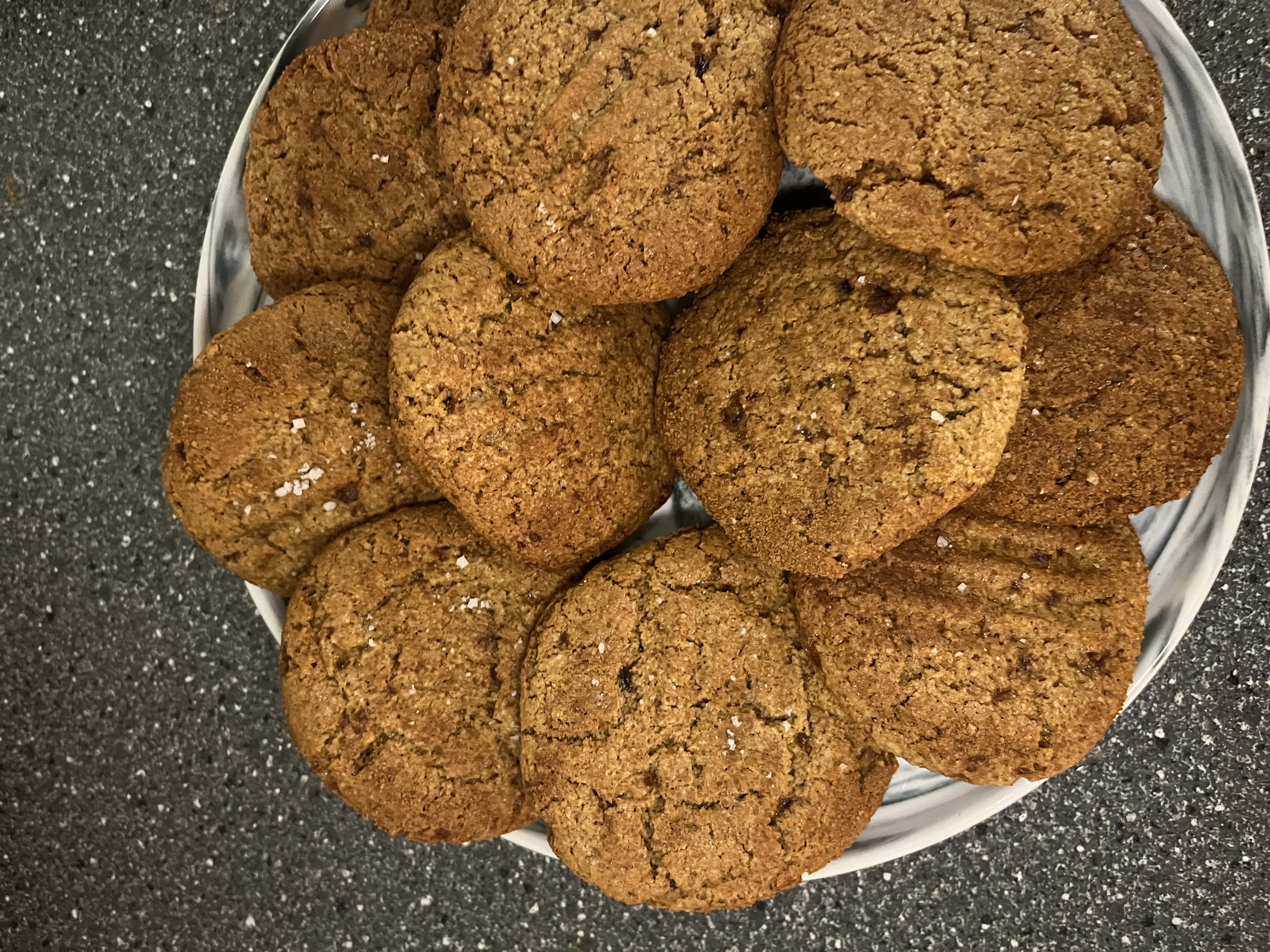Understanding aging and adopting an anti-aging strategy

Aging is a complex phenomenon that begins at birth and is characterized by a series of physiological changes at all levels of the body. Although unavoidable, it is possible to adopt strategies to mitigate its effects and promote a long and healthy life. In this article, we will explore in detail the main causes of aging and ways to prevent this natural process.
What is aging and what are its causes?
Aging can be defined as all the changes that occur during age, excluding any pathology. This is an inevitable process for all long-lived species, marked by a gradual weakening of the organism and increased vulnerability to diseases. The main causes of aging include:
- Oxidative Stress: This imbalance between the production of reactive oxygen species (ROS) and the body's ability to neutralize them is one of the main causes of aging. ROS are highly reactive molecules that can damage cells, proteins, and DNA, contributing to the aging process.
- Genetics: Our genetic makeup plays a critical role in how we age, influencing our susceptibility to age-related diseases and our longevity.
- Telomere shortening: Telomeres, located at the ends of our chromosomes, shorten with each cell division, thus contributing to cellular aging and the decrease in physiological functions.
- Inflammation: Chronic inflammation can contribute to the development of age-related diseases and accelerate the aging process by damaging tissues and organs.
- Hormonal Changes: Hormonal changes that occur with age can contribute to a decline in physical and cognitive functions, affecting our overall health.
- Lifestyle Factors: Poor diet, lack of exercise, smoking, and excessive alcohol consumption can accelerate the aging process by contributing to oxidative stress and inflammation.
- Environmental Factors: Exposure to pollutants, toxins, and radiation can also contribute to premature aging by damaging cells and disrupting physiological processes.
Antioxidants: Allies against premature aging?
Antioxidants play a crucial role in the fight against oxidative stress by neutralizing ROS and thus protecting cells and tissues from oxidative damage. While consuming antioxidants may seem like a promising strategy to counter premature aging, some studies suggest that antioxidant supplementation may have contrasting health effects. Indeed, excessive consumption of antioxidants can upset the oxidant/antioxidant balance in the body and have harmful effects on health.
Foods to Prefer and Avoid
To obtain antioxidants safely and effectively, it is recommended to eat a diet rich in fruits, vegetables, and other nutrient-rich whole foods. These foods provide a variety of health-promoting substances, including antioxidants, vitamins, minerals, and fiber, which work synergistically to protect against premature aging. On the other hand, it is advisable to avoid processed foods, which are rich in saturated fats, added sugar, and harmful substances, which can contribute to oxidative stress and inflammation.
The Body's Response: How to Defend Yourself Against Aging?
Faced with the presence of ROS, our body deploys a complex antioxidant defense system, including enzymes such as superoxide dismutase, catalase, and glutathione, as well as proteins such as transferrin, lactoferrin, and albumin, which work together to neutralize ROS and protect against oxidative damage.
In conclusion, although aging is a natural and unavoidable process, understanding its causes and adopting an anti-aging strategy can help mitigate its effects and promote a long and healthy life. By choosing a balanced diet, rich in antioxidants and other nutrients that are beneficial to health, and by adopting a healthy lifestyle, including regular exercise, stress management, and maintaining a healthy weight, it is possible to age in good health and with confidence.
Related articles & studies:
https://pubmed.ncbi.nlm.nih.gov/21226664/
https://lemedecinduquebec.org/archives/2014/5/derriere-le-mythe-des-antioxydants-en-supplements/
https://www.srlf.org/wp-content/uploads/2015/11/0809-Reanimation-Vol17-N6S1-p7_9.pdf

.webp)

.webp)